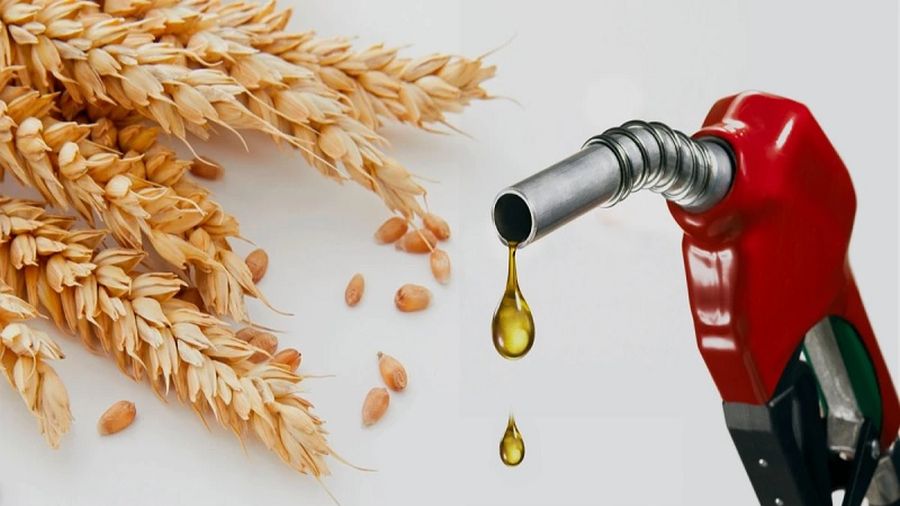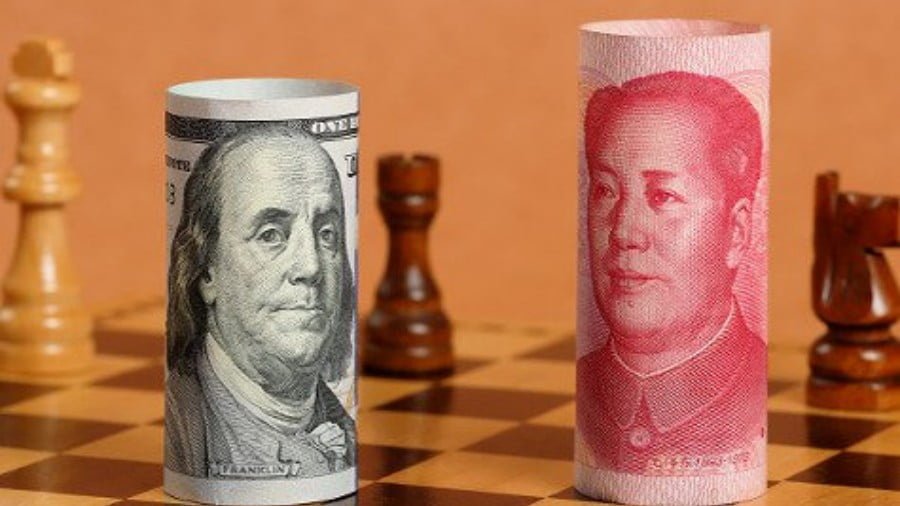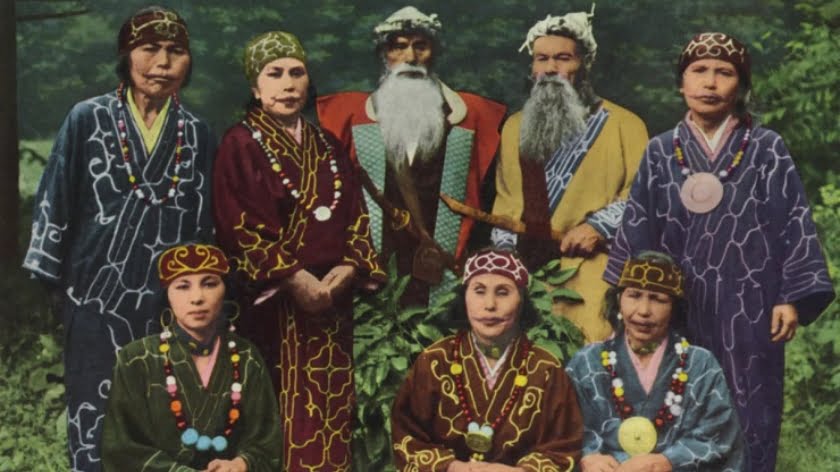Pakistan’s Emergency Economic Plan Should Including Clinching Imran Khan’s Deal with Russia
The new Pakistani authorities have yet to find any alternative to the deal for 20% discounted wheat and 30% discounted fuel that Russia reportedly offered former Prime Minister Khan, with it only just now being revealed by new Foreign Minister Bhutto during his interview with the Associated Press that Pakistan is in agriculture and energy talks with the US, though it’s unclear whether America plans to match Russia’s heavy discounts.
Pakistan’s in the midst of a major economic crisis that’s seen the rupee plunge past 200 a dollar for the first time ever a few days ago. Its foreign exchange reserves also dropped to $16.161 billion as of 20 May due to what The News International’s analysts cited as partially being driven by higher import bills. That’s an accurate explanation too since Dawn reported on 15 May that “Pakistan’s oil and eatable import bill surged by 58.98 per cent to $24.77 billion in the July-April period compared to $15.58bn in the corresponding period last year owing to higher international prices and a massive depreciation of the rupee.” In order to stem the slide into economic chaos, the new authorities that scandalously replaced former Prime Minister Imran Khan in early April recently banned the import of 38 luxury items.
That’s just a band-aid though and far from the comprehensive solution that the country needs, which must absolutely entail cutting costs on the import of essential commodities like food and fuel. After all, Dawn reported in their earlier cited piece from last week that those two accounted for 37.39% of the total import bill during that period, so it naturally follows that Pakistan must prioritize getting better deals on both. Therein lies one of the most contentious issues connected to former Prime Minister Khan’s removal from office at the beginning of last month. He claimed that he was ousted by a US-orchestrated regime change conspiracy to punish him for his independent foreign policy, particularly its Russian dimension, while his opponents insist that the process was constitutional and therefore legal.
They also claimed that they came to power purely to resolve the economic crisis that they blame entirely on his policies during his nearly four years in office. This means that their legitimacy is directly connected to improving the economy, which makes it all the more controversial that they seem to have frozen talks with Russia on the discounted import of food and fuel. Former Prime Minister Khan claimed late last month that Russia offered to export fuel at a 30% discount while offering a 20% discount on wheat. The incumbent Energy Minister flat-out denied the energy aspect of his claims while his predecessor tweeted a document that he said was sent to his Russian counterpart for following up on their discussions from late February to purchase LNG, crude, and diesel “on concessional terms”.
It’s also appropriate to mention that Russian Foreign Minister Lavrov said during his trip to Islamabad in April 2021 that “Some time ago now, there was a mutual interest in the supply of Russian LNG by Gazprom, Rosneft and Novatek. Appropriate proposals have been put forward. We are waiting for a response from our Pakistani partners.” This adds credence to the former Prime Minister’s and Energy Minister’s claims that they were on the cusp of clinching such a deal with Russia prior to the unexpected change in government. Considering the severity of Pakistan’s increasingly intensifying economic crisis and the new authorities’ claims to have come to power purely to resolve the economic crisis that they blame on former Prime Minister Khan, one would think that they’d have finalized this reported deal.
Alas, that hasn’t yet happened, nor does it seem likely to anytime soon otherwise they’d have probably promoted their progress to the public as prominently as possible to show them that they’re prioritizing the resolution of this crisis through the import of discounted food and fuel from Russia that their predecessor was allegedly on the cusp of clinching. Instead, new Foreign Minister Bhutto dropped a bombshell in his exclusive interview with the Associated Press during his inaugural trip to the US last week about the content of the discussion that he held with his American counterpart. According to the outlet, “He said his focus in talks with Blinken was on increasing trade, particularly in agriculture, information technology and energy.”
This very strongly suggests that Pakistan is now in talks with the US over food and fuel imports, though no details have been disclosed about whether America will match Russia’s reported proposal of a 20% discount on wheat and a 30% discount on fuel. That’s troublesome since Pakistan’s economic crisis continues to worsen by the day and people are becoming very anxious about what their new authorities are doing to resolve it. It’s objectively the case that one of the most comprehensive solutions is to clinch deals for discounted imports of food and fuel exactly of the sort that Russia was reportedly proposing before former Prime Minister Khan’s scandalous ouster. His claim of a foreign hand behind his removal is extended credence by his successors not pursuing this deal that he was about to reach.
No other explanation makes sense for why a new coalition government that claims to have come to power in order to resolve the economic crisis that they blame on their predecessor wouldn’t pick up where he left off in this respect and seal the deal that he said was about to be clinched unless some external force was exerting influence over them. Their reluctance to take these reported talks with Russia any further has directly contributed to worsening the country’s economic crisis. They’ve also yet to find any alternative to what Russia was reportedly offering, with it only just now being revealed that they’re evidently holding talks with the US on the import of these essential commodities that comprise over a third of their growing yearly bill and are largely responsible for it surging over the past 10 months.
Opponents of the former Prime Minister claim that Pakistan cannot refine Russian oil (conveniently forgetting that the other two parts of the deals that he said he was about to reach also include gas and wheat), yet that doesn’t answer why the Express Tribune – one of the country’s most reputable media outlets – reported on 31 December 2017 that the-then PMLN government planned to import oil from Russia at that time. According to them, this information was derived from sources who said that “the proposal for oil import from Russia was discussed in ministerial-level dialogue between Pakistan and Russia in Moscow.” It’s unbelievable that any such discussions took place without a witness, whether then or during the ousted premier’s Moscow trip in February, so some record presumably exists.
This logical conclusion based on the standard diplomatic practice of each side having notetakers attend their meetings and then write up reports about them afterwards challenges the current Energy Minister’s claim that “I also tell you clearly that the Imran Khan’s claim of buying oil and gas from Russia is absolutely false and baseless, as there is no paper / evidence available with the quarters concerned. Whatever they are claiming in this regard is just a lie.” While no deal was apparently set in stone prior to his ouster, the paper trail from Express Tribune’s report in December 2017 to Foreign Minister Lavrov’s trip to Islamabad in April 2021 to the last Energy Minister’s letter to his Russian counterpart in late March 2022 very strongly suggests that some piece of evidence certainly exists confirming these talks.
It’s utterly unbelievable that a representative from the new authorities is publicly claiming that “there is no paper / evidence available with the quarters concerned”. From an outsider’s perspective, it compellingly appears as though those who replaced former Prime Minister Khan probably came under political pressure from the US to de facto freeze their country’s talks with Russia on the discounted import of food and fuel in order to enter into negotiations with America about this instead. What makes this even more scandalous is that no reports have since emerged suggesting that the US is interested in matching Russia’s reported discount, which means that Pakistan might end up paying more for the exact same products, all for presumably political reasons that contradict its objective economic interests.
The import of food and fuel shouldn’t ever be politicized by anyone, let alone a country that claims to be another’s partner like the US insists that it is to Pakistan. That South Asian state’s economic crisis continues to worsen and urgently needs some comprehensive solutions in order to avoid the worst-case scenario. The most immediate one that can be reached is for the new authorities to clinch the discounted food and fuel deal that former Prime Minister Khan claims that he was negotiating prior to his scandalous removal from office. De facto freezing those talks and entering into analogous ones with the US instead as suggested by new Foreign Minister Bhutto’s revelation last week doesn’t inspire confidence in the new authorities. At the least, they should publicly account for why they’ve done so.
Failing to level with their people about this runs the risk of discrediting the reason why they claimed to come to power in the first place (i.e. to immediately resolve the economic crisis that they solely blame on former Prime Minister Khan) and casting suspicion on their intentions, which in turn extends credence to the ousted leader’s interpretation of the events leading up to his scandalous removal from office and all that’s come afterwards. If what they claimed is true, then it makes no sense why this deal hasn’t already been reached and Pakistan is instead still spending more of what incumbent Prime Minister Sharif rightly described as his country’s “precious foreign exchange.” In fact, his tweet from 19 May describes to be quoted in full in order to put this perplexing state of affairs into context.
In the words of the country’s new leader, “My decision to ban import of luxury items will save the country precious foreign exchange. We will practice austerity & financially stronger people must lead in this effort so that the less privileged among us do not have to bear this burden inflicted on them by the PTI govt.” Regardless of whoever or whatever he blames this economic crisis on, he claims to be serious about resolving it, particularly by “practice[ing] austerity”, yet his government arguably seems to have frozen the talks with Russia that his predecessor was pursuing for the discounted import of food and fuel. This observation contradicts his claims and raises questions about the status of that deal as well as the new one that Foreign Minister Bhutto suggested that he discussed with his American counterpart.
The lack of clarity from the new government about its efforts to secure better deals for the import of food and fuel is concerning, especially since former Prime Minister Khan claimed to have been on the cusp of reaching one for receiving both with heavy discounts from Russia right before he was deposed. If there’s no political pressure being exerted upon his replacements, then they should have already picked up where he left off and sealed the deal by now. In the event that they’re being pressured by the US like some suspect, then they likely won’t publicly acknowledge it, but it would be in everyone’s interests for them to reveal the details of their new Foreign Minister’s discussion about these imports with the US so that the public can compare them to what former Prime Minister Khan had tried to reach with Russia.






